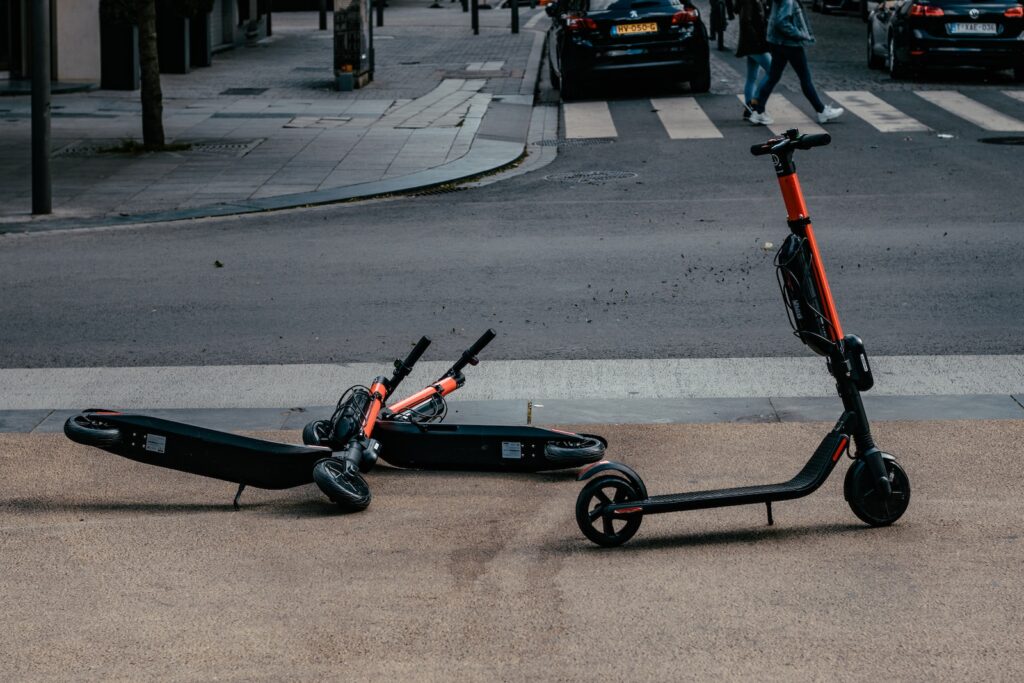Paris proposes e-scooter ban, sounding emissions alarm bells
A referendum on the future of self-service e-scooters in the French capital ended with 90% voting in favour of a ban. So what does this mean for the city’s green transport hopes?
Although the decision is non-binding, and turnout to participate in the vote was low, Paris Mayor Anne Hidalgo has already vowed to respect the result. This means time has been called on some 15,000 shared e-scooters across the metropolitan area, although not before existing licenses run out on 31st August this year.
Despite the overwhelming majority, those within the e-scooter and green transport sectors have already expressed concern, and promised to continue fighting for e-scooters to have a place in future travel systems.
According to a spokesperson for the rental company Dott, around 400 ,000 journeys are made on the vehicles each month, 71% by people between 18 and 35 years: far younger than the average age of those who voted for the ban. Meanwhile, e-scooter providers across Europe also waded in on the debate.
‘Our shared systems not only exist to encourage behaviour change toward shared active travel, boosting air quality and public health while cutting traffic congestion, they also add resilience and patronage to public transport systems,’ said Phil Ellis, CEO of UK micromobility provider, Beryl.
‘Sharing systems play a fundamental role in the public transport mix of a city and can punch well above their weight in improving the health and sustainability of towns and cities. Ultimately, they are better with e-scooters in them, than without them,’ he continued.
Following the result, French transport minister Clément Beaune labelled the referendum a ‘massive democratic flop’, especially given Paris will host the 2024 Olympics, which many had been hoped would present an opportunity to show off progress towards decarbonising city transport.
Mr Beaune also announced last week that the legal minimum age for renting an e-scooter would be raised from 12 to 14, riders must have functioning brake lights and turns signals, and recklessness is now punishable by fines of €135, up from €35.
‘As a result of this vote to ban self-service scooters, as of next September nearly 10,000 more journeys will be made in motorized vehicles in the capital every day,’ said Sylvain Delavergne, France coordinator for the Clean Cities Campaign. ‘The low participation — less than eight percent of registered voters — means the results are not very representative of the preferences of Parisians, and of scooter users — from the provinces, as well as tourists — more broadly.’
Paris schoolyards have been the focus of a new video case study looking at how greening can help reduce the urban heat island effect. Take a look here.
Image: Ernest Ojeh

















